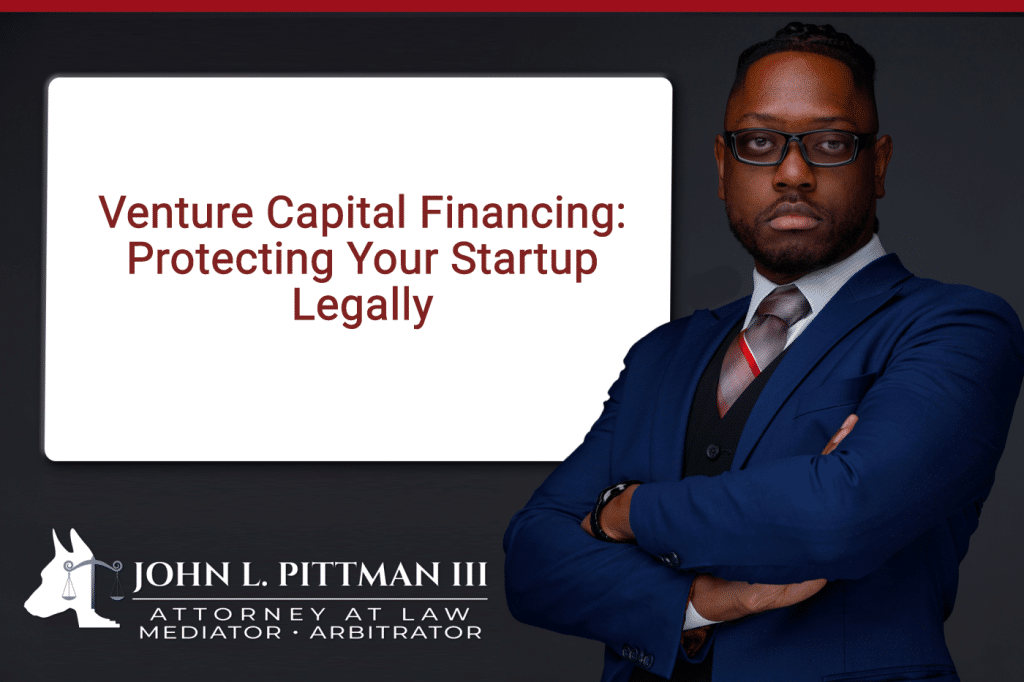Venture Capital is a funding source that has become essential for many startups aiming to scale quickly in today’s competitive market. As an entrepreneur, you understand the challenges of growing a business, and while Venture Capital can provide the necessary financial backing, it also comes with a web of legal complexities. Navigating these can be daunting, but addressing legal protections early in your startup’s life can safeguard your interests and ensure compliance. This article explores how to legally protect your startup while securing Venture Capital financing, empowering you to focus on your growth without unnecessary legal concerns.
Background on Venture Capital
Venture Capital refers to funding provided to early-stage companies with high growth potential, generally in exchange for equity. This funding is vital for startups that may not have access to traditional financing through banks due to lack of revenue or operating history. For instance, a tech startup developing an innovative app might seek Venture Capital to hire skilled developers and market the product effectively. On the other hand, a biotech firm, needing substantial funds for research and trials, might rely on Venture Capital to advance its projects. Without this type of funding, many startups may struggle to compete or risk stagnation.
The Importance of Venture Capital
Understanding the importance of Venture Capital can significantly affect your startup’s trajectory. Securing this type of funding can open doors to more than just money; it often brings strategic mentorship and networking opportunities that are crucial for growth. Firms that achieve Venture Capital financing are more likely to scale quickly, expanding their market presence and increasing their valuation, enabling them to attract further investments.
- A startup that fails to secure Venture Capital may miss out on crucial market opportunities; without the necessary funds, it may struggle to develop its product or service.
- If a startup accepts Venture Capital without proper legal frameworks, it might face unfavorable terms, leading to loss of control over the business.
- Venture Capital can also be a double-edged sword; while it can fuel growth, it can lead to pressure from investors to deliver results quickly, causing stress and burnout among founders.
The Venture Capital Process Explained in Houston
- Step 1: Identify potential investors interested in your industry or niche, conducting research to determine their investment focus.
- Step 2: Prepare and present a compelling pitch that outlines your business plan, highlighting your unique value proposition and market potential.
- Step 3: Negotiate terms and conditions, ensuring legal protections are in place before finalizing the agreement with investors.
Effective Management of Venture Capital Insights
Common Queries Related to Venture Capital in Houston
How the John L. Pittman Law Firm Assists Clients
The John L. Pittman Law Firm specializes in supporting startups through the nuanced landscape of Venture Capital financing. With extensive experience in legal compliance and contract negotiations, the firm empowers clients to protect their innovations while seeking growth. Their dedicated team provides guidance on securing the best possible terms, ensuring peace of mind throughout the fundraising process. This firm understands the pressures founders face and works diligently to alleviate legal complications, allowing entrepreneurs to focus on their vision and growth strategies.

